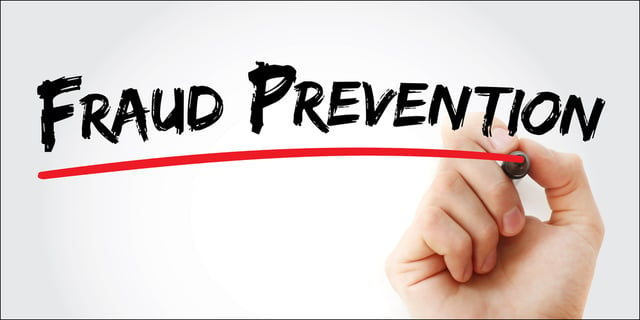
This week's review of ad fraud and quality in the digital advertising space.

A new study from Forrester Research, reported on by MediaPost, notes that "[n]ew ad dollars will shift the focus of advertising toward mobile — mostly for video and social — while programmatic will become the new standard for online media buying." The article adds: "Amazon also might benefit from several changes coming down the pike, as advertisers look for a safer environment to sell their products and services."

The Drum has reported AppNexus "will disable buying from ad networks claiming to sell premium advertising inventory from media owners whose ads.txt files do not identify them as authorized resellers." Both of AppNexus' DSPs will make the switch on January 24, 2018, according to the article.

"Some publishers are wasting up to 20 percent of their programmatic video impressions, even though programmatic video ad spend in the U.S. tripled from $3 billion in 2015 to $9 billion in 2017, according to eMarketer," reported Digiday. "This is largely being driven by video ad networks that win auctions but then, finding nobody they can resell the ad space to, don’t complete the purchase. The publisher is left without any revenue for the unused space."

"Soft-drinks advertiser Britvic is prioritizing rooting out fraudulent traffic from its media buys," reported Digiday. "Ad fraud has emerged as the key issue for Britvic amid the fallout from the industrywide transparency debate, according to CMO Matt Barwell, who said its brands are distancing themselves from metrics easily inflated by bots and fraudulent clicks."
The article added: "Removing fraudulent placements is now a core pillar of all the advertiser’s media plans, pushing its spend away from the so-called long tail of cheaper sites toward more premium inventory."

"How can we solve ad fraud?" asked Justin Musterman, CTO of SummitSync, in a Forbes op-ed. "Every article seems to be exclaiming 'blockchain!' in unison. Somehow this term has become the be-all and end-all of solving advertising fraud," he wrote. Then he added: "It’s not going to happen."
Why not? Musterman raises concerns about the speed of the technology and more.
Sign up for our blog to stay updated with new stats, trends, and analysis on digital ad fraud.
*By entering your email address and clicking Subscribe, you are agreeing to our Terms of Use and Privacy Policy.
These Stories on Weekly Recaps
*By entering your email address and clicking Subscribe, you are agreeing to our Terms of Use and Privacy Policy.

Disclaimer: The content of this page reflects Pixalate’s opinions with respect to the factors that Pixalate believes can be useful to the digital media industry. Any proprietary data shared is grounded in Pixalate’s proprietary technology and analytics, which Pixalate is continuously evaluating and updating. Any references to outside sources should not be construed as endorsements. Pixalate’s opinions are just that - opinion, not facts or guarantees.
Per the MRC, “'Fraud' is not intended to represent fraud as defined in various laws, statutes and ordinances or as conventionally used in U.S. Court or other legal proceedings, but rather a custom definition strictly for advertising measurement purposes. Also per the MRC, “‘Invalid Traffic’ is defined generally as traffic that does not meet certain ad serving quality or completeness criteria, or otherwise does not represent legitimate ad traffic that should be included in measurement counts. Among the reasons why ad traffic may be deemed invalid is it is a result of non-human traffic (spiders, bots, etc.), or activity designed to produce fraudulent traffic.”

